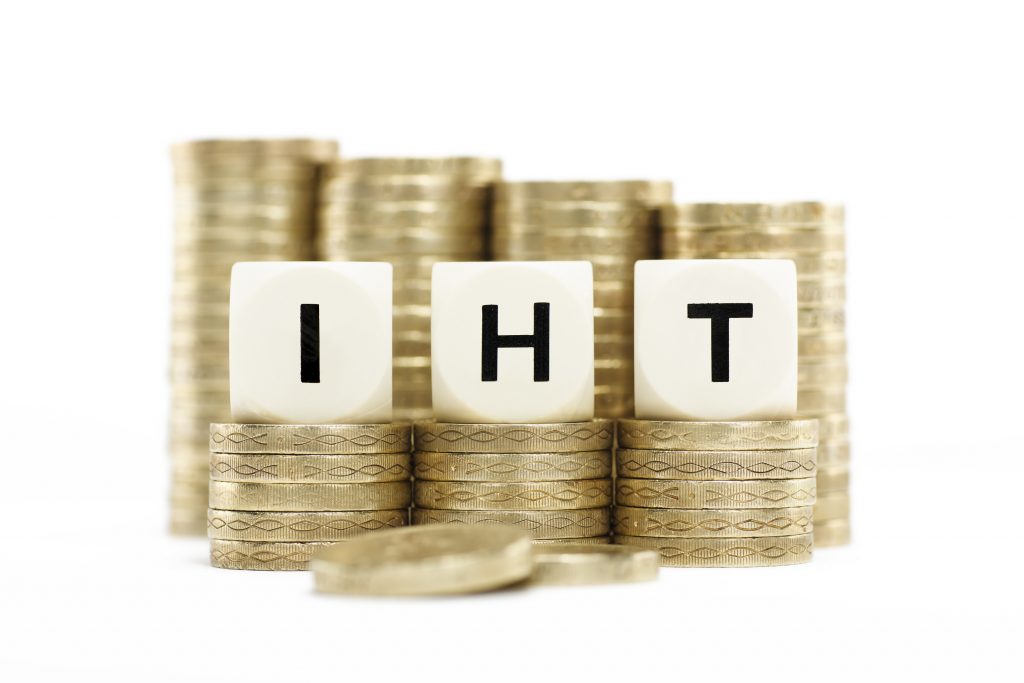
HMRC said higher receipts from March 2022 are expected to be due to a combination of higher volumes of wealth transfers following recent IHT-liable deaths, and recent rises in asset values.
With the nil-rate band (£325,000) and residence nil-rate band (£175,000) frozen until 2030, more and more families are being dragged into paying the tax.
Rising house prices, particularly in the South East, and Government plans to include pensions in the net for IHT from 2027 mean many more estates will be paying IHT in the future.
Shaun Moore, tax and financial planning expert at Quilter, said: “This relentless rise in inheritance tax receipts is baked into Government policy. Farmers and business owners are also feeling the pressure.
“The upcoming reforms to Agricultural Property Relief and Business Relief could force more family farms and small enterprises into difficult decisions about their futures. A tax once aimed at the wealthiest estates is now creeping further into the middle class, and with unspent pensions set to be taxed from April 2027, the Government’s IHT windfall is only set to grow.”

How life insurance can benefit your health and wellbeing over the decades
Sponsored by Post Office
Helen Morrissey, head of retirement analysis at Hargreaves Lansdown, urged people to act now to try to reduce their IHT bill.
She said: “Gifts of any size fall out of your estate after seven years, so we can expect to see people start to gift assets to loved ones now so they can start the countdown ticking. We will also likely see people start to use the various gifting allowances available – such as the £3,000 annual exemption – to reduce the size of their estate.
“Gifting out of excess income will also prove popular. However, it’s really important that detailed records are kept, as gifts need to be proved to be made regularly and out of your surplus income to meet the rules. You also should not reduce your own standard of living to maintain these gifts – this is a really important point as you don’t want to be in a position of needing to ask for gifted money back because you can no longer afford to give it.”
Other HMRC figures show that capital gains tax (CGT) came in very slightly lower than a year earlier (3%), at £10.281bn. PAYE income tax and National Insurance receipts are £349.1bn, which is £10.3bn higher than the same period last year.




